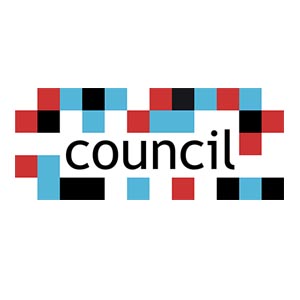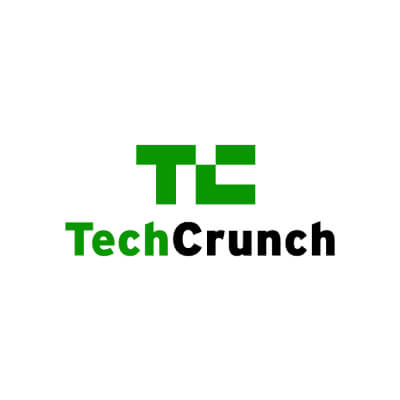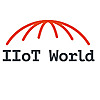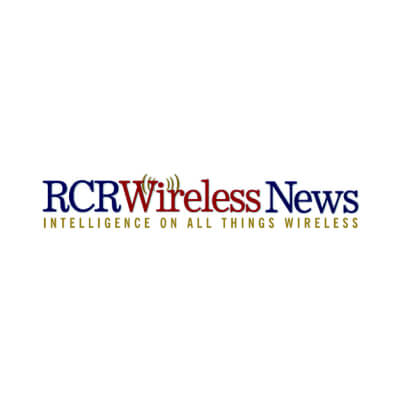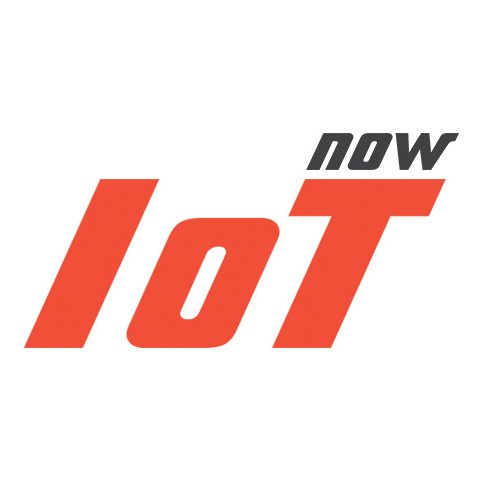
Radio Frequency Identification (RFID) is a form of wireless communication that uses radio waves to identify and find objects. RFID is a generic term that encompasses different frequencies and standards, including both NFC and RAIN — two technologies supported by industry alliances. In simple terms, all RFID systems operate on the same principle: An RFID tag stores information that can be read wirelessly by an RFID reader.
What Is RAIN RFID?
RAIN RFID is a passive, battery-free wireless technology that connects billions of everyday items to the internet. RAIN RFID systems enable businesses and consumers to identify, locate, authenticate, and engage with every item that’s tagged with a RAIN RFID tag. This provides rich, real-time data and insight. It is used in a wide variety of applications, including inventory management, asset tracking, and shipment verification.
RAIN is the fastest-growing segment of the RFID market and uses a single, global standard: UHF Gen 2 (ISO/IEC 18000-63). RAIN has connected more than 50 billion items to date. By providing internet connectivity to, and real-time information about, everyday items such as apparel, medical supplies, automobile parts, food, and more, it enables the true Internet of Things.
RAIN RFID: Why Use It?
RAIN RFID can connect everything in your everyday life — from socks to strawberries to shipping pallets. It digitizes the physical world. With RAIN RFID, a system can automatically sense what is happening, share related data, and respond. It provides the ability to do all of the following:
- Uniquely identify individual items beyond just their product type.
- Identify and locate items without direct line-of-sight.
- Identify many items quickly (up to 1,000 items per second!).
- Read items within a range of between a few centimeters to several meters.
RAIN RFID can tell you what an object is, where it is, and even its condition. With this information, businesses around the world are able to increase sales, drive operational efficiencies, and improve customer experience. Solutions range from supply chain management to asset tracking to authentication of frequently counterfeited pharmaceuticals. Applications are limited only by your imagination.
RAIN RFID: Use Cases
Organizations mostly use RAIN RFID to track, locate, authenticate, and secure items or containers as they move through supply chains, warehouses, retail stores, and even hospitals. Nearly every day, we hear of new ways people are deploying these solutions to improve their business. Here are some common uses:
- Automating inventory and asset tracking in healthcare, manufacturing, retail, and many other business sectors.
- Identifying the source of products, enabling intelligent recalls of defective or dangerous items, such as tainted foods, defective toys, or expired medication.
- Preventing the use of counterfeit products in the supply chain.
- Enabling omnichannel fulfillment, so businesses can meet changing consumer demands and expectations.
- Providing visibility into the supply chain, yielding more efficient distribution channels and reduced business costs.
- Reducing business losses due to theft or inaccurate accounting of goods.
Revolutionizing Connection
RAIN RFID has the capacity to greatly enhance people’s lives while revolutionizing the way companies do business. It is a flexible, low-cost solution, making it appealing to a wide range of industries — from retail to healthcare, manufacturing to hospitality.







 Latest IoT News
Latest IoT News
